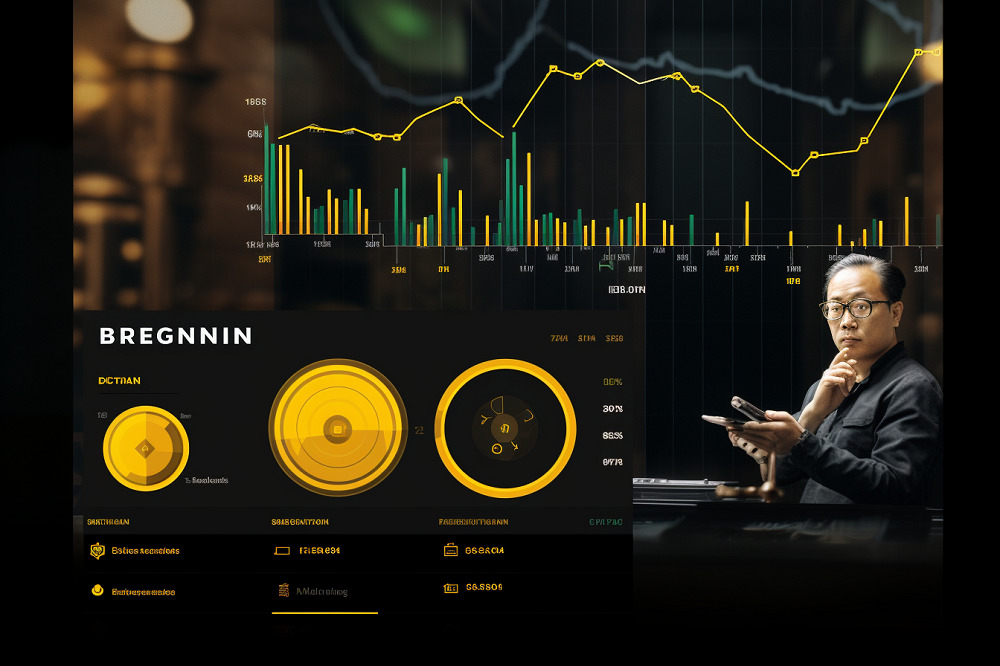Binance Announces Independent Custodian Collaboration
In a strategic move to assuage investor fears and bolster confidence in the face of mounting regulatory challenges, leading cryptocurrency platform Binance has announced a collaboration with independent custodians. This initiative, which allows select traders to store their assets with reputable institutions such as Switzerland’s Flow Bank and Sygnum Bank, marks a significant departure from Binance’s previous custodial practices.
The decision comes amidst heightened scrutiny of Binance following a substantial fine imposed by US authorities last year. The exchange has been under increased pressure to address concerns over counterparty risks, particularly after the collapse of rival platform FTX.
With traders expressing growing unease about leaving their funds on exchanges, Binance’s collaboration with independent custodians represents a proactive step toward addressing these concerns. By offering an alternative to its internal custodian, Ceffu, Binance provides traders with greater flexibility and control over the security of their assets.
Furthermore, this shift underscores the exchange’s commitment to prioritizing the safety and protection of its users’ funds. In its official statement, Binance emphasized that exploring a banking triparty solution had been underway for nearly two years.
The exchange reiterated that counterparty risk is an industry-wide concern, and that explains its dedication to offering traders a choice in safeguarding their assets. Binance reiterated that this move was in progress before concerns over counterparty risks gained prominence in the industry.
Traders’ Responses
Traders have responded with caution and optimism to Binance’s latest initiative. While some remain apprehensive about residual risks and influence from the exchange, others view the collaboration as a positive step towards enhancing security and reducing counterparty risks.
By allowing traders to segregate their custody and trading counterparties, Binance can mitigate the inherent risks associated with centralized exchanges. This arrangement also presents additional benefits for traders, including earning around 4% interest on their deposits.
By depositing capital with the recommended custodians, traders can bolster the security of their assets while still earning returns. Despite Binance boasting impressive liquidity levels, its market share has declined in recent months.
Currently, it accounts for 30% of the crypto volumes traded on exchanges, but down from 55% a year ago. Also, Binance faces increasing competition as traders explore alternative platforms and custody solutions.
Binance Announces Plans To Reduce Stake In Gopax
In a move to address regulatory hurdles and adapt to evolving market conditions, Binance has unveiled plans to lessen its majority shareholding in Gopax, one of South Korea’s prominent crypto exchanges. The decision follows heightened scrutiny from regulatory authorities, especially the significant changes to reporting requirements for virtual asset business operators (VASPs).
Binance’s foray into the South Korean market started nearly twelve months ago when it acquired a majority stake in Gopax to re-establish a foothold in the country’s thriving crypto ecosystem.
Addressing Regulatory Uncertainties
The recent announcement from Binance signals its intent to mitigate risks associated with regulatory uncertainties. According to multiple reports, Binance will gradually reduce its shares in Gopax over the next two months.
The proposed strategy entails converting the loan paid as GoFi repayment into equity, divesting a portion of its stake in Gopax, and addressing the exchange’s debt obligations.
Steve Young Kim, the Asia-Pacific director at Binance, mentioned that Binance always maintains transparency and adheres to regulations in any region where it operates. She added that the firm would provide more detailed data on the share sale within the next two months.
Besides having one of the world’s largest crypto economies with abundant talents for the blockchain and crypto industry, South Korea offers an enabling environment for innovation and growth in the blockchain sector.
